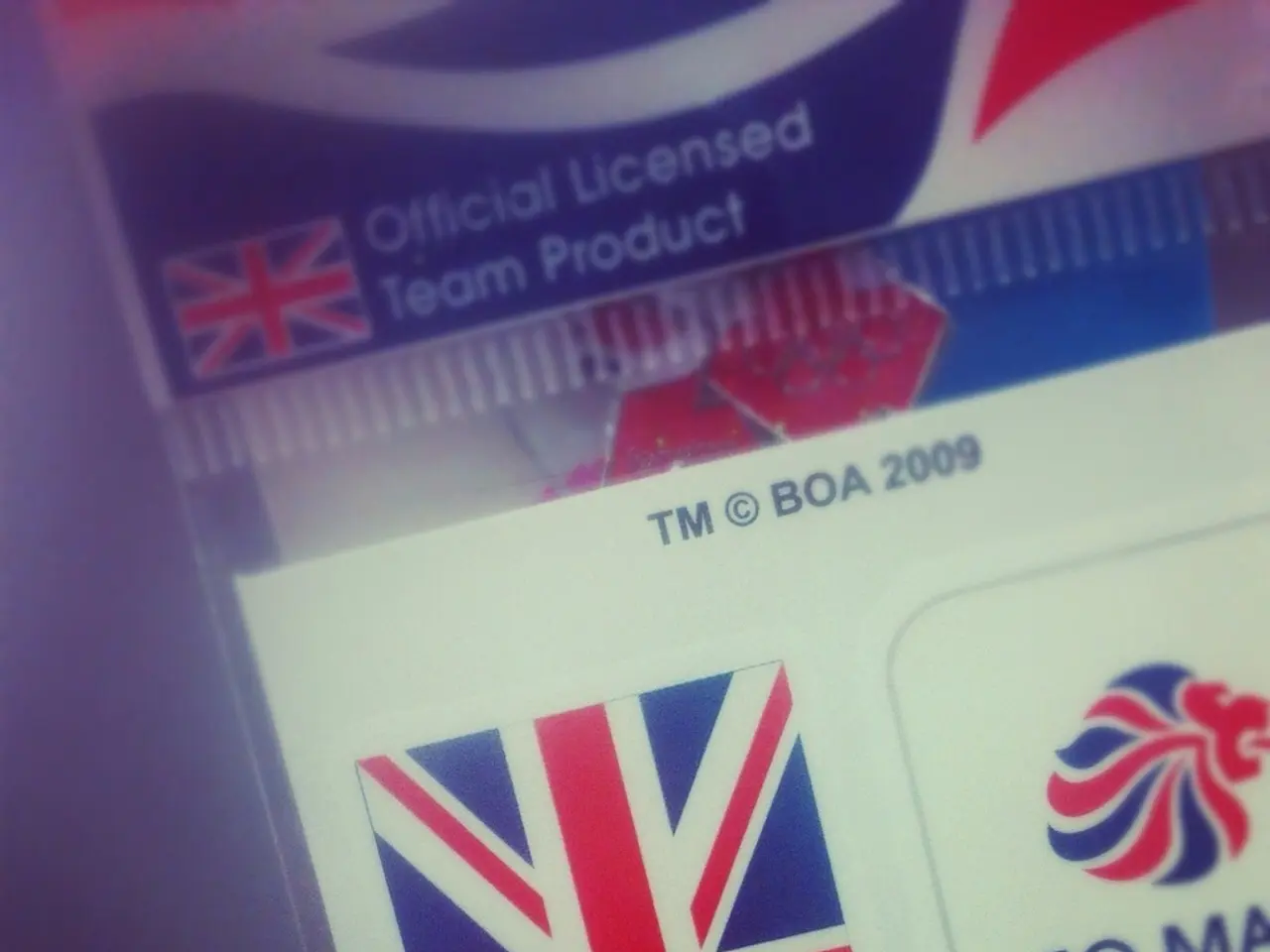U.S. Fund Managers should be Aware of the Essential Points Regarding the AIFMD Third-Country Passport
The much-anticipated Third-Country AIFMD passport, which would allow non-EU Alternative Investment Fund Managers (AIFMs) to market funds across the European Union, is still not available. As of mid-2025, there is no set date for its implementation.
The Third-Country AIFMD passport is intended to be an extension of the existing EU AIFMD marketing passport, currently only available to EU AIFMs marketing EU AIFs. However, since an initial review by ESMA in 2015, no further implementation has occurred, including with the recent AIFMD II updates effective from April 2026.
In the absence of the Third-Country AIFMD passport, non-EU AIFMs must rely on national private placement regimes (NPPRs) in individual EU member states. These regimes have operational complexities and geographic limitations, with notable exceptions such as France, Italy, and Spain, which do not allow private placements. Additionally, countries like Germany and Denmark require a depositary, adding to the operational requirements.
When the Third-Country AIFMD passport becomes available, obtaining it is likely to require meeting stringent regulatory criteria comparable to those for EU AIFMs. These include regulatory oversight by a competent authority in the third country, cooperation agreements between the non-EU country regulator and ESMA, and adherence to detailed reporting, transparency, and investor protection measures in line with EU standards. However, these requirements have not been finalized or published yet.
Post-Brexit, the UK is a third country, meaning UK AIFMs must use NPPRs or other arrangements to market in the EU. The UK does not implement the new AIFMD II rules, and the third-country passport scheme has not opened for the UK or other non-EU countries.
A third country AIFM intending to be authorized in Europe will be able to have its foreign operation authorized under European regulation, rather than setting up European operations. The AIFM must choose a Member State of Reference (MSR) for authorization under AIFMD. The selection of the MSR is based on set parameters and is not entirely left to domicile shopping of third country AIFMs.
The process of choosing an MSR requires an application to be made to the competent authorities of all potential MSRs, with a joint decision to be made within one month by these authorities in conjunction with ESMA. Article 37 AIFMD outlines five scenarios for the selection of an MSR, based on the AIFM's intentions for managing and marketing AIFs within the EU.
Once authorized, a third country AIFM will be subject to two different authorities, regimes, and processes - the one of their own state and the one of the MSR chosen - and will be required to comply with two sets of rules. The process of selecting an MSR is regulated by a Commission implementing regulation, which provides further insight into the concept of marketing as it is envisaged under AIFMD.
The extension of the passport to third-country AIFMs requires both objective and subjective requirements to be met, at the level of the third country domicile and the AIFM. ESMA plays a crucial role in the determination of the MSR, especially in relation to third countries. Once ESMA's assessment of various third countries is in place, the European Commission will issue delegated acts to extend the passport to the countries that have been deemed equivalent.
The inability to obtain an equivalence decision for the US system could pose further uncertainty for existing strategies to access European investors. The extension of the AIFMD passport to third-country AIFMs may not be beneficial for US Fund Managers due to uncertainties in competition and potential difficulties in complying with certain provisions of AIFMD, such as the depositary proposition.
In summary, the Third-Country AIFMD passport is not yet available, and non-EU AIFMs must continue to rely on private placement regimes on a member state basis. When introduced, obtaining the passport will likely require meeting stringent regulatory criteria. The process of choosing an MSR is regulated and requires an application to be made to the competent authorities of all potential MSRs. ESMA plays a crucial role in the determination of the MSR, especially in relation to third countries.
- In the current absence of the Third-Country AIFMD passport, non-EU AIFMs are compelled to resort to national private placement regimes, which present operational complexities and geographic constraints.
- When the Third-Country AIFMD passport eventually becomes available, it will demand meeting stringent regulatory criteria, including regulatory oversight by a competent authority in the third country, cooperation agreements with ESMA, and adherence to detailed reporting, transparency, and investor protection measures.




